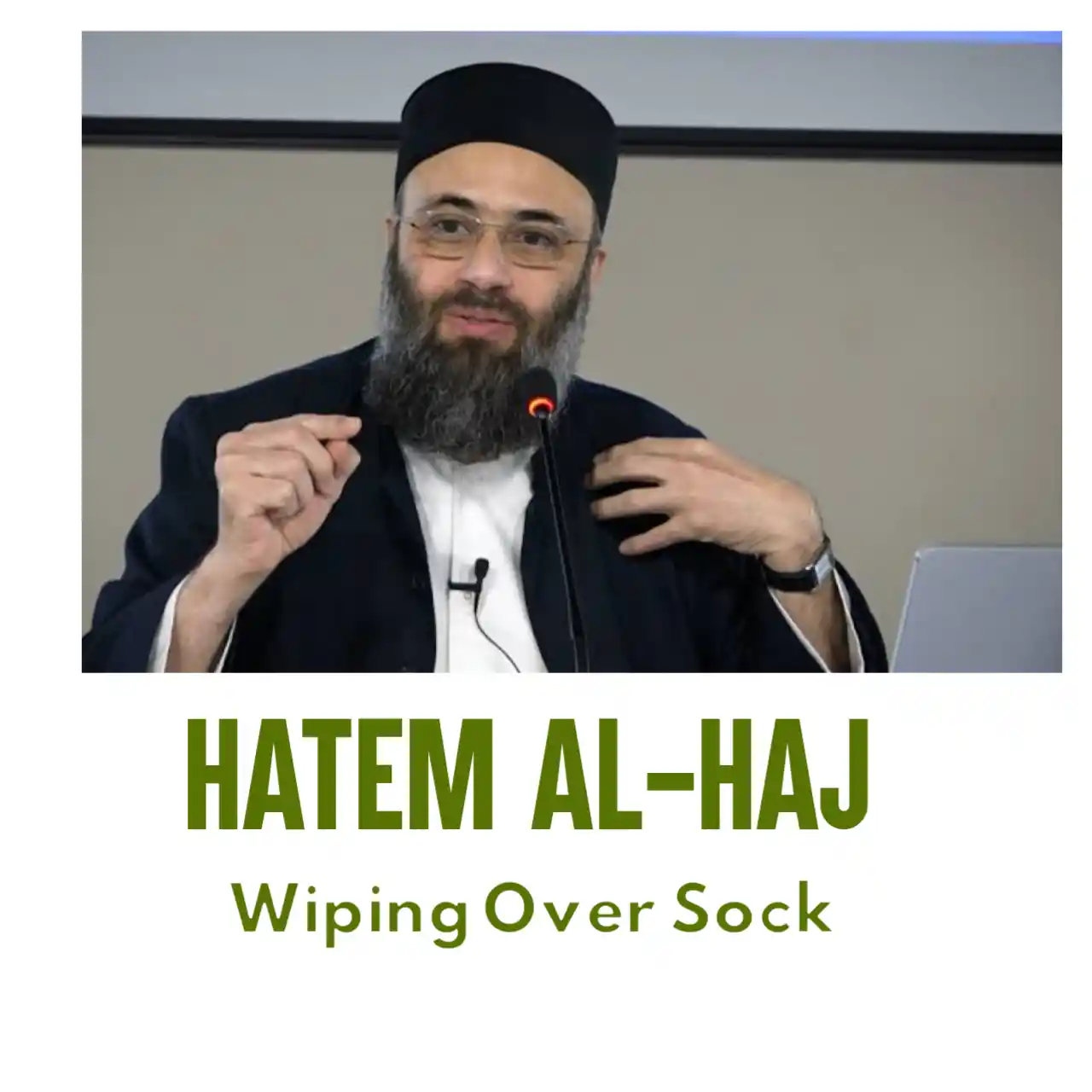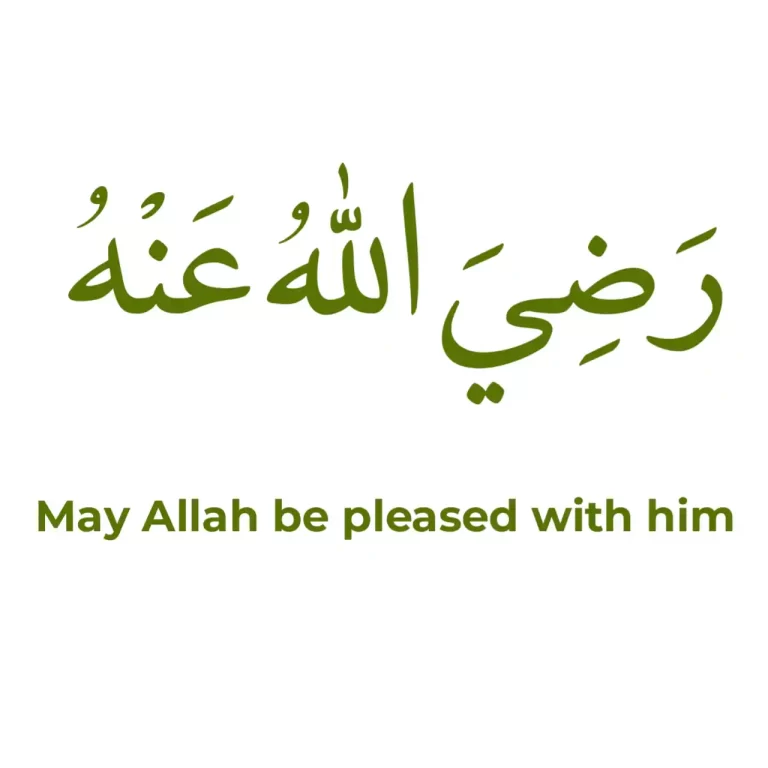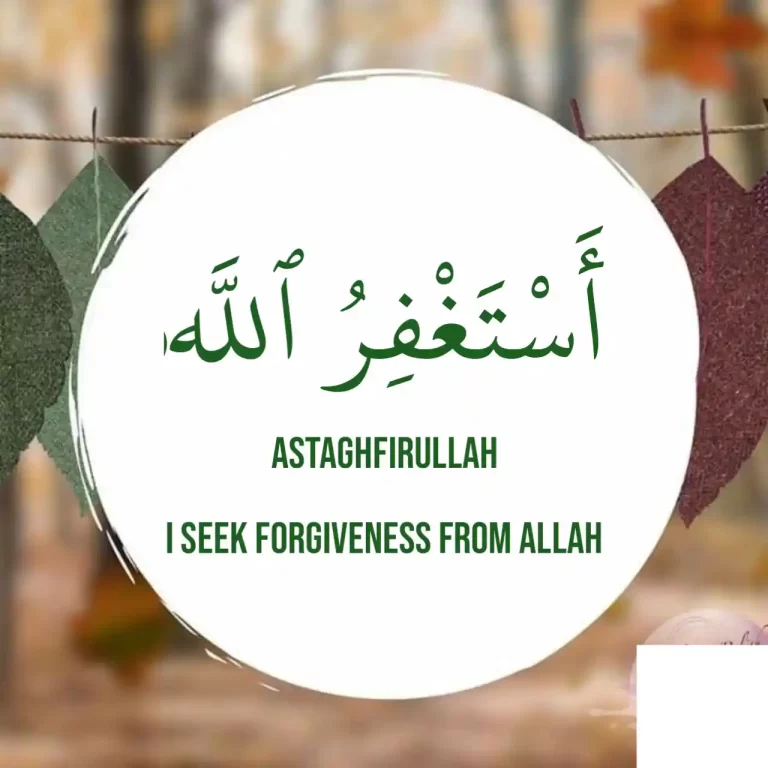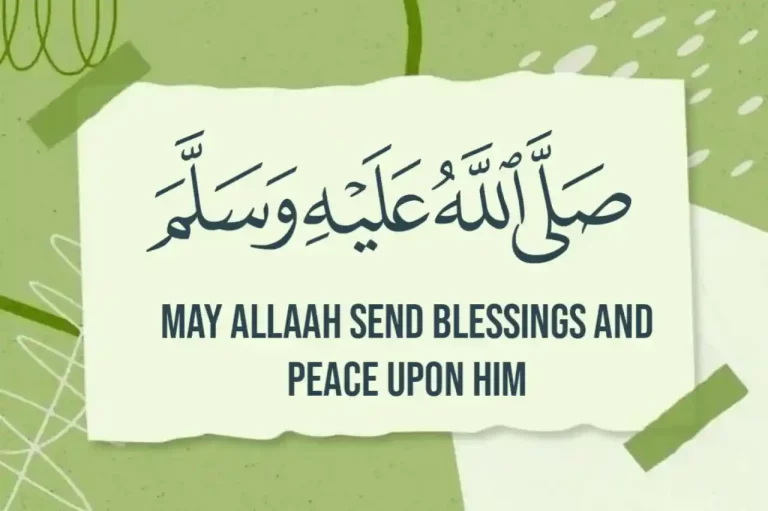Hatem Al-Haj Wiping Over Sock Full Audio And Video
Advertisements
Dr. Hatem al-Haj is a Muslim scholar who holds a PhD in Comparative Fiqh from al-Jinan University. He is currently the Dean of the College of Islamic Studies at Mishkah University, a member of AMJA permanent Fatwa Committee, and a board-certified pediatrician.
When he was giving some interesting lectures on fiqh of worship, Dr Hatem taught the Muslim ummah how to wipe over socks, hijab etc during wudu. Hatem Al-Haj wiping over sock is among the popular lecture.
Let’s look at the audio and video of the lecture as well as some written form of wiping over sock adopted from Islamqa website.
Hatem Al-Haj Wiping Over Sock Audio
Here is the Mp3 of wiping over socks by Islamic scholar, Dr Hatem Al-Haj. You can listen to it online or download it so that you can schedule it and listen anytime.
Hatem Al-Haj Wiping Over Sock Video
The video version of this beautiful lectures can be seen below.
Advertisements
Conditions Of Wiping Over The Socks In Islam
The four conditions apply to wiping over the socks according to Islamqa is as follows:
The First Condition:
That they should have been put on when one was in a state of tahaarah (purity, i.e., when one has wudoo’).
The evidence for that is what the Prophet (peace and blessings of Allaah be upon him) said to al-Mugheerah ibn Shu’bah:
“Don’t worry, because I put them on when I was clean.”
The Second Condition:
That the khufoof (leather slippers which cover the ankle) or socks should be taahir (pure). If they are naajis (impure) then it is not permissible to wipe over them.
Advertisements
The evidence for that is that the Messenger of Allaah (peace and blessings of Allaah be upon him) led his companions in prayer one day wearing shoes, which he took off whilst he was praying.
He said that Jibreel had told him that there was something dirty on them. This was narrated by Ahmad from the hadeeth of Abu Sa’eed al-Khudri (may Allaah be pleased with him) in his Musnad.
This indicates that it is not permissible to pray wearing anything that is naajis, because if the naajis thing is wiped over, the person will be contaminated by that najaasah (impurity), so he cannot be considered to be taahir (pure).
The Third Condition:
They may be wiped over when one is purifying oneself from minor impurity (i.e., doing wudoo’ after passing wind, urine or stools), not when one is in a state of janaabah (major impurity following intimacy) or when ghusl is required.
The evidence for that is the hadeeth of Safwaan ibn ‘Assaal (may Allaah be pleased with him) who said:
“The Messenger of Allaah (peace and blessings of Allaah be upon him) commanded us, when we were travelling, not to remove our khufoof for three days and three nights, except in the case of janaabah. But we could keep them on and wipe over them in the case of stools, urine and sleeping.”
This was narrated by Ahmad from the hadeeth of Safwaan ibn ‘Assaal (may Allaah be pleased with him) in his Musnad.
So the condition is that wiping the socks may be done when purifying oneself (doing wudoo’) from minor impurity, and it is not permissible in the case of major impurity, because of the hadeeth which we have mentioned here.
The Fourth Condition:
That the wiping may be done within the time specified by sharee’ah, which is one day and one night in the case of one who is not travelling, and three days and three nights in the case of one who is travelling.
This is because of the hadeeth of ‘Ali ibn Abi Taalib (may Allaah be pleased with him) who said:
“The Prophet (peace and blessings of Allaah be upon him) stated one day and one night for the one who is not travelling, and three days and three nights for the one who is travelling, i.e., for wiping over the khufoof.”
This was narrated by Muslim. This period starts from the first time one wipes over the socks when doing wudoo’ after some minor impurity, and it ends twenty-four later for the one who is not travelling, and seventy-two hours later for the one who is travelling.
So if we assume that a person purifies himself for Fajr prayer on Tuesday and remains taahir (pure, i.e., keeps his wudoo’) until ‘Isha prayer on Tuesday evening, then he sleeps and wakes up to pray Fajr on Wednesday, and he wipes his socks at five o’clock zawaali time , then the period begins from 5 a.m. on Wednesday and lasts until 5 a.m. on Thursday.
If we assume that he wiped his socks before 5 a.m then he can pray Fajr on Thursday with this wiping and pray as much as he wants as long as he remains taahir, because according to the most correct scholarly opinion, wudoo’ is not broken when the time period for wiping over the socks expires.
That is because the Messenger of Allaah (peace and blessings of Allaah be upon him) did not set a time limit for tahaarah, rather he set a time limit for wiping over the socks.
Once that time limit expires, one cannot wipe over the socks again, but if a person remains in a state of tahaarah then his tahaarah is still valid, because this is what is implied by the shar’i evidence, and whatever is proven by shar’i evidence cannot be invalidated unless there is further shar’i evidence to that effect.
There is no evidence to suggest that wudoo’ is broken when the time limit for wiping over the socks expires, because what the basic principle is that he remains as he is (i.e., taahir) until it becomes apparent that this is no longer the case.
These are the conditions which apply to wiping over the khufoof. There are other conditions which were mentioned by some of the scholars, but some of these are subject to further debate.
Read Dua before and after Wudu and verses of wudu in Quran.
Advertisements







